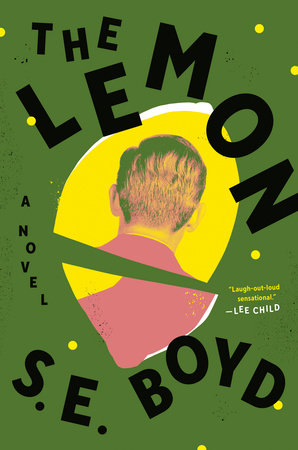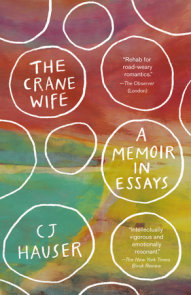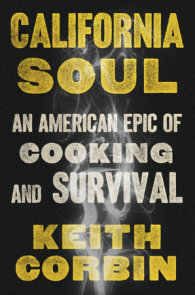READERS GUIDE
Questions and Topics for Discussion
1. One of the main themes of book involves a desire for our cultural heroes to embody some sense of being “real.” What does the story tell us about the media’s need to constantly decide who is going to be anointed and deified—or otherwise torn apart? What does this tell us about celebrity culture more broadly? Where have you seen similar attempts to “control” celebrity narratives in real life? And why do you think the author gave John Doe that particular name?
2. When Lad despairs at being unable to make his mother’s “authentic” lobio recipe, she responds by challenging the very concept of what authenticity is. Throughout the novel, several characters—from Patrick, to Katie, to Lad himself—have struggled with the idea of authenticity. Is there such thing as authenticity? How might that answer depend on circumstance—can one be authentic to one’s self, for example, without being authentic in one’s work? In the novel, what do we see as the public versus private value of striving for authenticity?
3. What does the novel tell us about food culture and of high-end dining in particular? What types of behavior might the insular and personality-driven world of celebrity chefs encourage—and where do Paolo and Patrick fall in this continuum? In what ways do you see power imbalances playing out across the book in different spheres?
4. Nia’s personality has been shaped by her experience in a high-pressure industry—from her level-headedness in the face of grief to her ability to leverage relationships to her benefit. What character traits has a lifetime in the entertainment business forged in her? What does she know to expect of different media following Doe’s death—and how does she stay ahead of it? In what ways do her race and gender create unique challenges for her in this role?
5. Initially, Katie is on the verge of losing her job at digital media company SWVLL, but one choice turns her fate around: She begins to lie. What point do you feel the author is trying to make about what fuels success, and do you see those factors as being more reflective of the media industry or of its audience? In your experience, what do you see as being the kind of qualities or content that the media and/or the public value?
6. “I will seriously consider this amazingly generous offer” is a phrase Nia utters several times throughout the novel, once noting it should be followed by “an effusion of gratitude so patently insincere and excessive that in any other industry it would be viewed as an insult.” What does Nia seem to believe is Hollywood’s relationship with sincerity? From what we know of Doe, does his success seem to embody or contradict this viewpoint, and in what ways?
7. Charlie has a desire for fame, and Paolo and Nia give him a platform to achieve it, but his seeming lack of actual musical talent prevents him from obtaining recognition. Katie ostensibly has writing skill, but only by embracing deceit does she achieve fame. Paolo is a talented chef, and he’s famous because of it; Patrick also is a skilled chef, but his ascendancy seems to eat his talent alive. What is the relationship between renown and individual artistic talent, if there is one at all? What factors allow—or don’t allow—one to lead to the other?
8. When we first meet Patrick, he is seemingly at his nadir, recording fan videos of himself on Cameo to make a quick buck. Later, he thinks that if he only studies new media hard enough, he can regain his cultural relevance. At what moment do we see Patrick reach a turning point in how he sees himself and his relationship to his work? What does the novel say about the passing of the torch between generations, such as between Patrick and Jackie, or between Nia and Katie? And how does Doe manage to bridge these generational gaps?
9. The further Katie shoots into fame, the more foreign she becomes to herself, to the point of embodying two different personas: Old Katie and New Katie. What do you view as the root of this split? What are the advantages and challenges of each of these identities, and what conclusions can you draw from them about the industry that Katie is attempting to survive in? How do each of these personas reflect Katie’s “authentic” self?






















